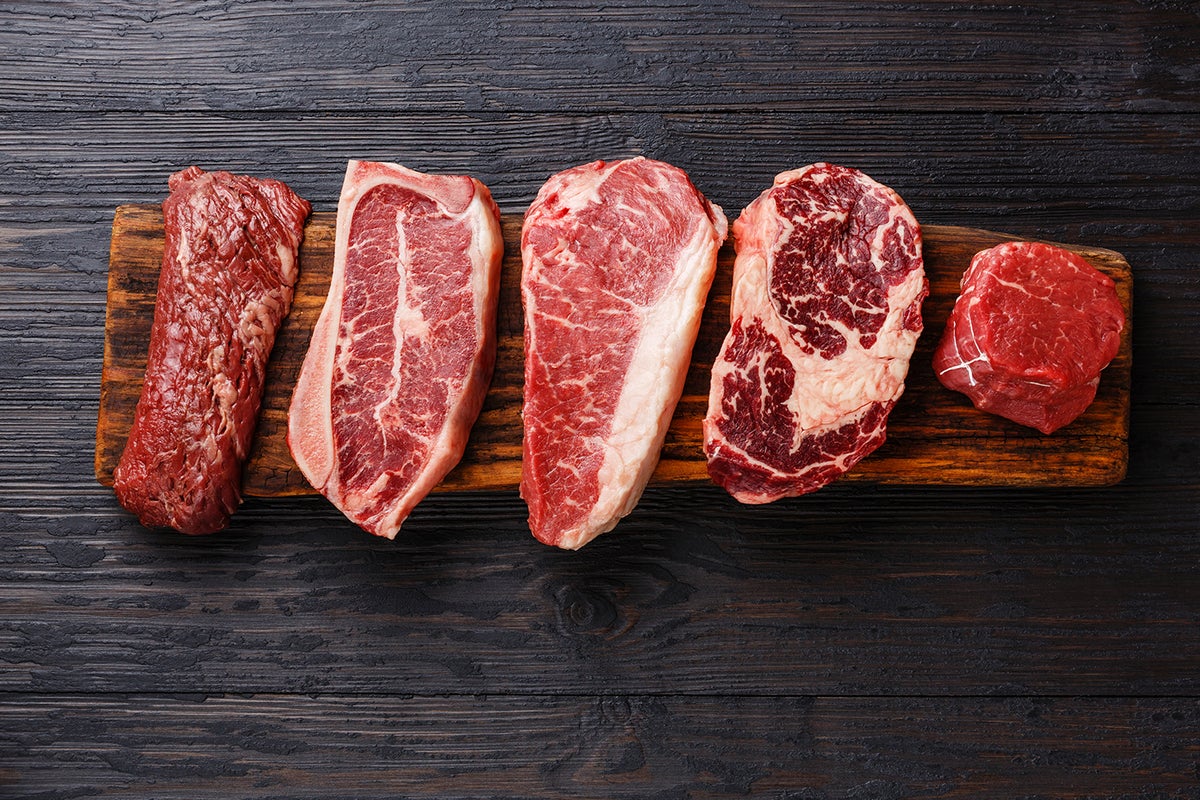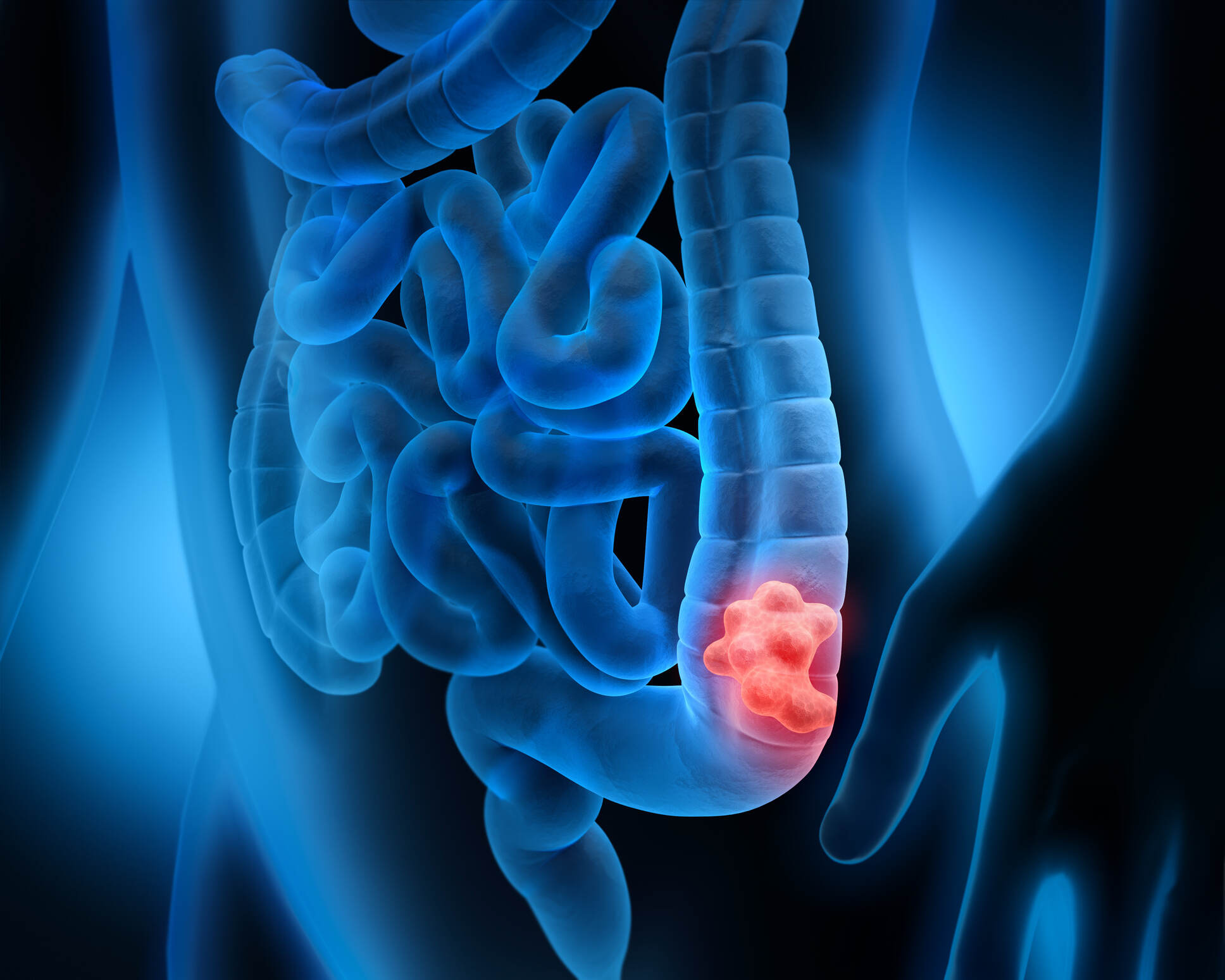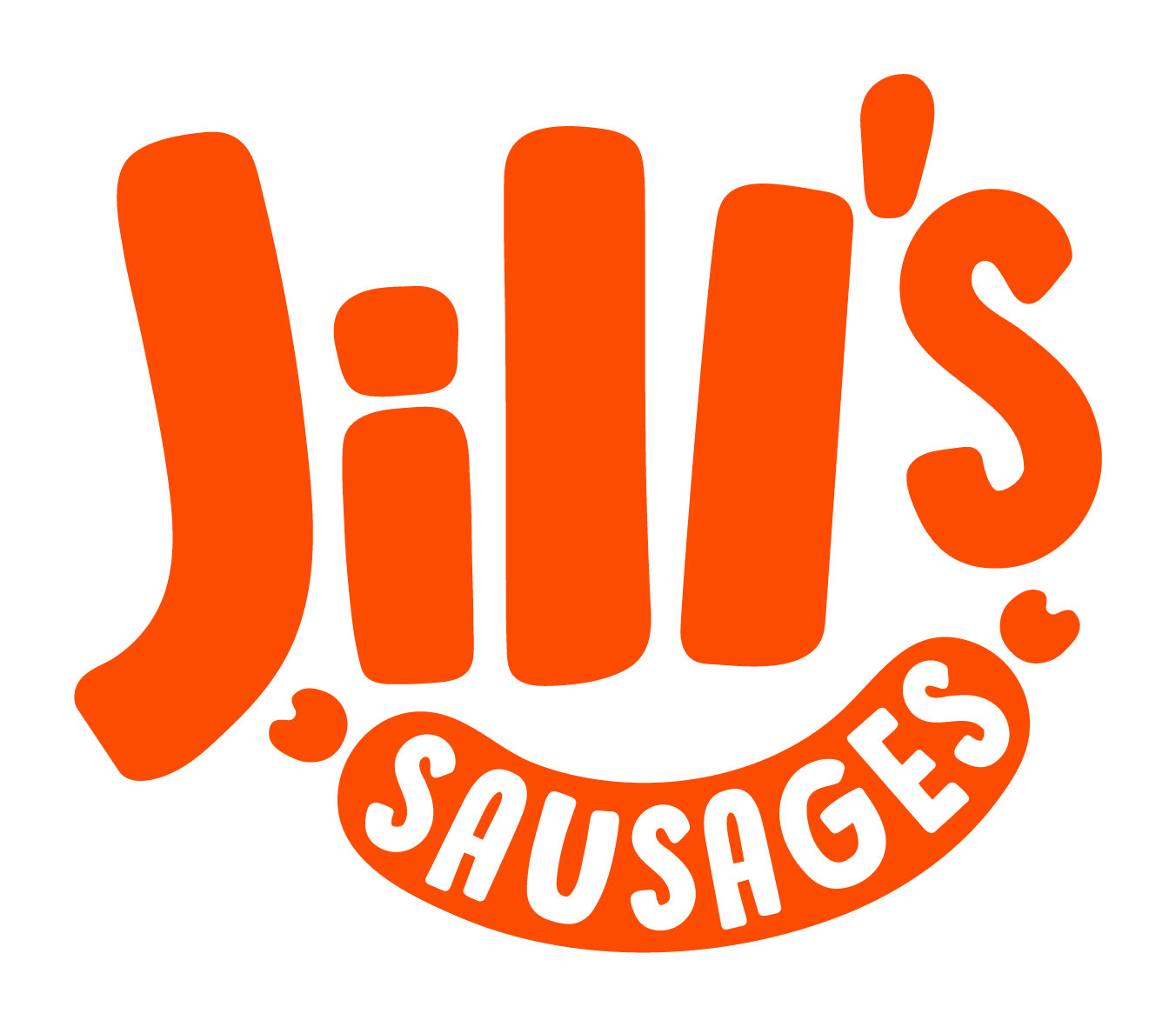The term “ultra-processed foods” has become increasingly common in health and nutrition discussions—and for good reason. Many deli meats found on supermarket shelves fall under this category. But what exactly makes ultra-processed meats like mass-produced hams, sausages, and bacon potentially harmful to your health?
At Jill’s Sausages, we believe in transparent, honest food education. Here’s what you need to know about ultra-processed deli meats—and why we take a very different approach.

What Are Ultra-Processed Deli Meats?
Ultra-processed meats are products that undergo heavy industrial processing. These foods typically contain:
-
Artificial preservatives
-
Colouring agents
-
Texturizers and stabilizers
-
Flavor enhancers
-
Synthetic curing agents like sodium nitrite and phosphate salts
They are designed for maximum shelf stability, consistent appearance, and low cost—but often at the expense of nutritional quality and long-term health.

The Health Risks of Processed and Cured Meats
One of the biggest concerns linked to ultra-processed deli meats is the increased risk of cancer, particularly colorectal cancer.
Scientific research has shown that the chemical reactions involved in the nitrite curing process—especially when meats are cooked at high temperatures—can lead to the formation of nitrosamines, compounds that are known to be carcinogenic.
In fact, the International Agency for Research on Cancer (IARC) has classified processed meats as a Group 1 Carcinogen—the same category as tobacco and asbestos—due to strong evidence of their cancer-causing potential.
Other health concerns include:
-
Disruption of gut microbiota
-
Increased inflammation
-
High sodium and calorie content
-
Lack of fiber and essential nutrients
Over time, frequent consumption of these meats can contribute to heart disease, obesity, and metabolic disorders.
Why Do Manufacturers Use Additives in Deli Meats?
Despite the health risks, many manufacturers continue to rely on additives in processed meats. Here’s why:
1. Prolonged Shelf Life
Preservatives like sodium nitrite, sorbates, and benzoates prevent spoilage and extend how long a product can sit on a shelf. This helps reduce food waste and meet retailer demands—but often compromises health in the process.
2. Enhanced Texture and Appearance
Additives such as phosphates and emulsifiers improve the texture and colour of meat, giving it that familiar bounce and pink hue. Many consumers may not realize that the visual appeal of typical bacon or ham often comes from synthetic chemicals—not the natural properties of meat.
3. Lower Production Costs
Food additives allow manufacturers to use cheaper ingredients or fillers like modified starch, isolated soy protein, textured vegetable protein while maintaining flavour and appearance. This is especially important in an inflationary economy where consumers and retailers are pushing for lower prices.
The Jill’s Sausages Difference: Clean-Label and Additive-Free
At Jill’s Sausages, we reject the idea that good deli meats need to be ultra-processed.
Instead, we:
-
Never use chemical preservatives or curing agents
-
Avoid all nitrites and nitrates—natural or artificial
-
Do not include phosphates, MSG, or artificial texturizers
-
Rely on real food science and natural ingredients
-
Keep ingredient lists short, clear, and wholesome
We focus on all-natural methods to achieve shelf life, food safety, and flavour—without compromising your health or enjoyment. Our goal is to create better-for-you ham, sausages, and bacon that align with a clean-label philosophy and the expectations of modern, health-conscious consumers.
Better Ingredients, Better Health
As more people become aware of the health risks associated with ultra-processed meats, the demand for clean, minimally processed alternatives continues to grow.
That’s why we’ve made it our mission to produce high-quality deli meats made only with natural ingredients—free from chemical nasties and full of the flavour and texture you love

